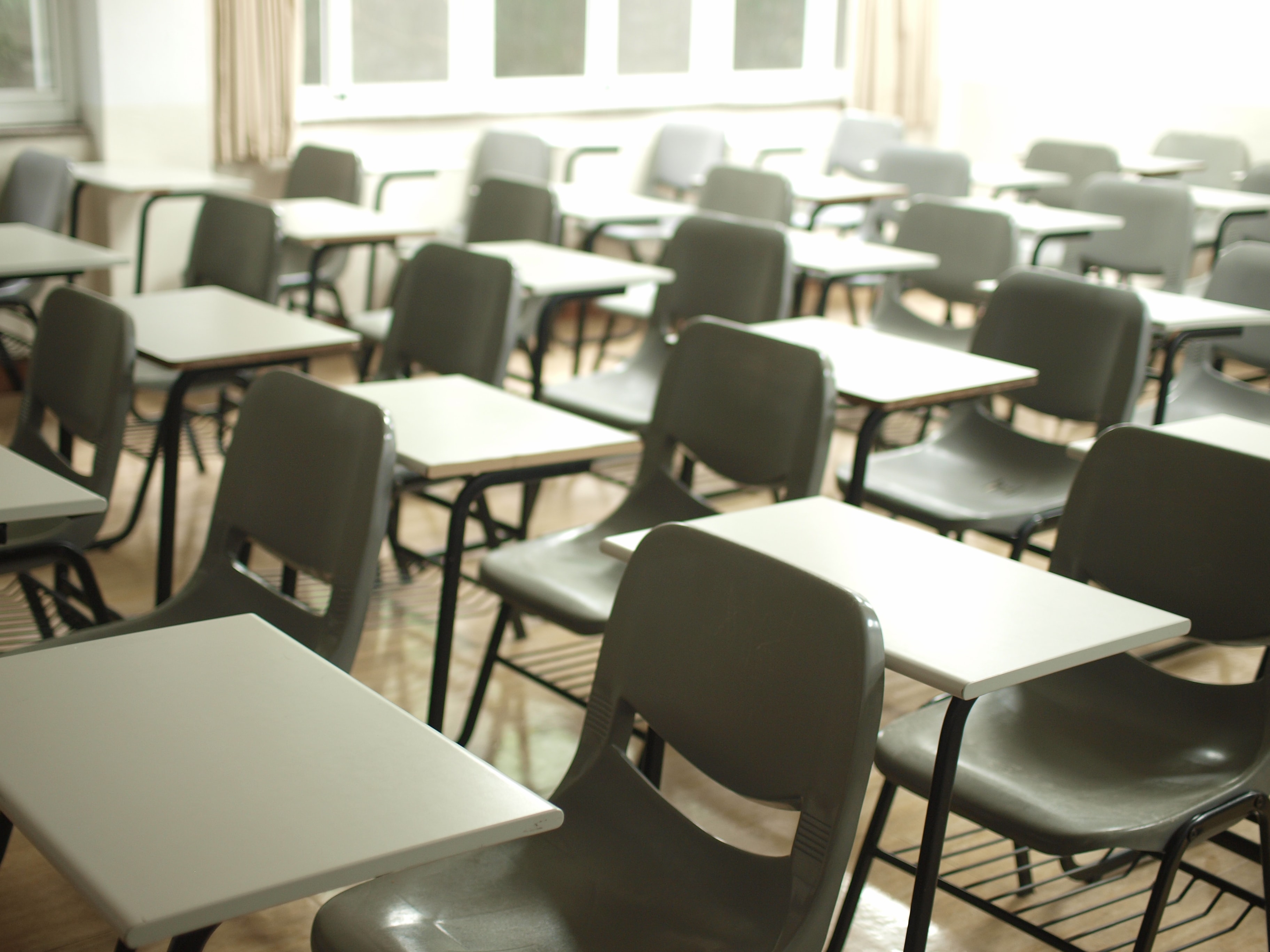"Education Is The Only Way" — Johari Discusses Breaking The Cycle Of Poverty In Malaysia
"The capacity to think is a real capital for every individual"
"Give a man a fish and he will eat for a day. Teach a man to fish and he will eat for a lifetime."
You've most likely heard this saying before. This is the underlying idea behind why many leaders believe education is the key to solving the real issue of poverty within various societies.
Financial assistance and various initiatives targeted towards the B40 communities have certainly been beneficial in helping struggling families deal with the difficult economic climate and rising prices brought on by the pandemic.
However, these forms of aid only provide temporary relief and can create a relationship in which low-income families become dependent on the government to survive.
Education creates opportunity
When a society becomes smarter, it also becomes more prosperous. A study conducted by Stanford University and the Ludwig Maximilian University of Munich found a strong correlation between the educational achievement of a country and its long-run economic growth.
Education can help to reduce the inequality in a society, which is one of the main causes of poverty. When a person is uneducated, they are limited to the number of jobs they can perform, many of which are low paying and provide little opportunities for progress.
Education provides access to better paying jobs and resources that would otherwise be difficult to obtain, which is ultimately what brings people out of poverty. Another study conducted by the World Bank found that an additional year of schooling can raise your income level by up to 10% a year.
"For B40 families, parents are mainly concerned with putting food on the table, and rightfully so. However, we need to ensure that education is also put on the table because this is the only way to lift people out of the vicious cycle of poverty in Malaysia, regardless of ethnicity," said Datuk Seri Johari Abdul Ghani in a recent interview with Free Malaysia Today.
"The capacity to think is a real capital for every individual. It is intellectual capital. Nobody can take this from you. In the corporate world, capital can easily run out. But the intellectual capital you gain from education, it will stay with you forever," Johari explained.Is the current education system still effective?
"I think the education system during my time was actually quite good. But we need to understand that the world has changed so much since then, and the talent that is needed now is very different.
"We need to review our policies every five years to take into account these changes. If not, we will continue to churn out graduates year after year that score high in subjects that aren't relevant to the industry," said Johari.
He goes on to say that a lot of engagement must be done between the government and companies to understand what skillsets are required.
"When you look at the foreign companies that come to Malaysia to do business, many of their top executives and senior management are expatriates. This is because we do not have the talent available to fill those roles," he added.
What can be done to ensure everyone receives the same level of education?
"We see families that have issues sending their kids to school because it is too far from their homes and they do not have the RM100 required to pay for the bus. This is where we need our representatives in the government to find a solution for these families, otherwise, only due RM100, kids are not going to school," Johari explained.
"We spent over RM70 billion ringgit in subsidies last year. Of course, subsidies are important, but we must give this to those who really need it. If we are able to save even half of this, this will provide the government with the firepower it needs to provide laptops to those who need it, extra tuition for those falling behind, and transport," he added.
Ms Evelina Silveira, the headmistress of REAL Private Schools Shah Alam, told SAYS, "During the pandemic, many students from the lower income groups faced a lot of challenges. When classes moved online, their education came to a complete stop. Although now they are back in school, many are demotivated and have lost interest in learning."
She also believes that tertiary education should be made free for the B40 community. Good education should not come at a cost for these people, as it is the key to improving their quality of life.



